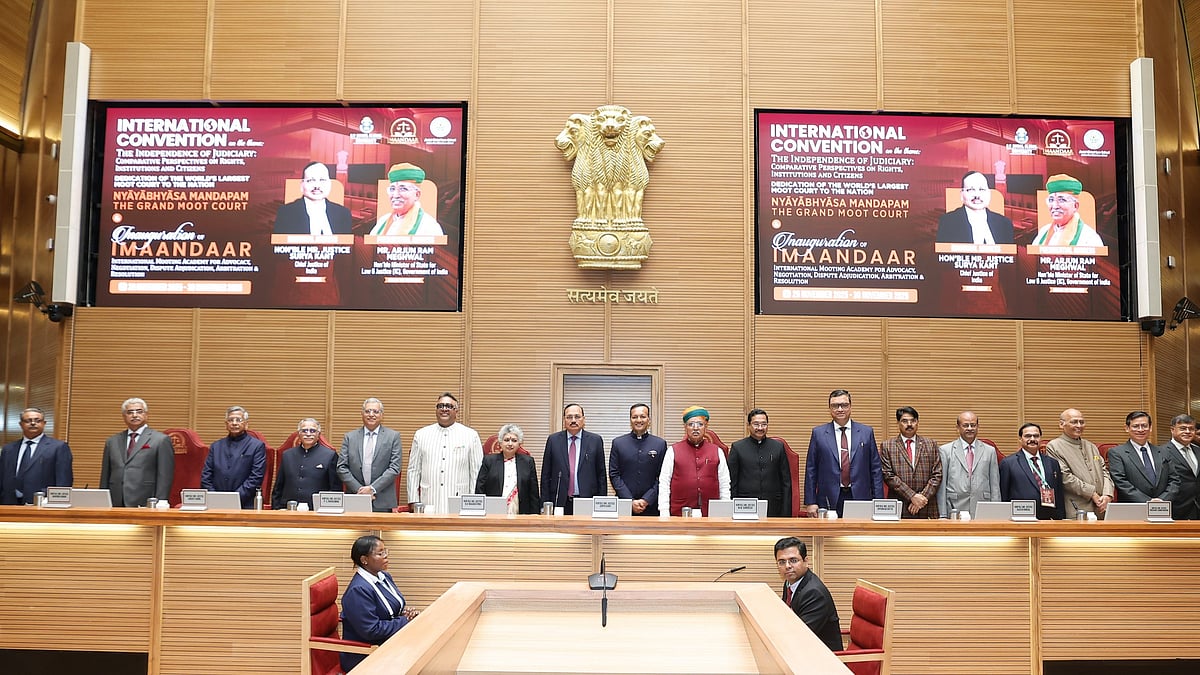The erosion of soil in the Western Ghats has almost doubled in the last three decades, posing a substantial threat to the biological diversity, agricultural productivity and water quality across the mountain range, revealed a recent study by the Indian Institute of Technology Bombay (IITB).
Using remote-sensing data, the researchers found that the average soil loss in the region was 62.7 tons per hectare per year in 2020, up from 32.3 tons per hectare per year in 1990 - an increase of 94%. While the loss was observed across the entire hilly stretch, it's highest in Tamil Nadu (121%) and Gujarat (119%), while Maharashtra recorded a 96% surge in erosion. The research points at climate change as well as land mismanagement for the deteriorating condition of the region's land.
Running along the country's western coast, Western Ghats is a 1,600 km long mountain range spread across Gujarat, Maharashtra, Goa, Karnataka, Kerala and Tamil Nadu. A United Nations Educational, Scientific and Cultural Organization (UNESCO) world heritage site and one of the 36 biodiversity hotspots on Earth, the Western Ghats are known for their fertile soil and rich flora and fauna.
The study, conducted by Pennan Chinnasamy, an associate professor at IITB's Centre for Technology Alternatives for Rural Areas (CTARA) and Vaishnavi Honap, a consultant at The World Bank, used open-source geographic information system (GIS) data and the Universal Soil Loss Equation (USEL) model to quantify the soil loss in the region. A number of factors including rainfall, topography, soil erodibility, land cover management, and prevailing conservation practices were considered to calculate the soil erosion.
The mountains have been steadily losing their fertile soil cover over the last 30 years in all seven states, found the researchers. While Tamil Nadu and Gujarat faced the highest erosion, Karnataka recorded the least loss at 56%. In absolute terms, Maharashtra had the highest 79 ton per hectare per year soil loss in 2020, while Kerala had the lowest loss at 47.13 ton per hectare per year.
The study has listed a number of activities that have contributed to this situation. "In recent years, a significant portion of the Western Ghats region has been transitioned to land for the cultivation of tea, coffee, rubber, palm, etc; or cleared for livestock grazing and roads.
These activities are significantly increasing the soil quality degradation and loss of plant/forest cover, leading to enhanced soil erosion rates," reads the research.
The researchers believe that such high soil loss rates are not sustainable to preserve the fragile ecosystem and inhabitants of the Western Ghats. "New strategies to reduce human disturbance and protect the region are needed, and this can also lead to reducing climate change impacts and associated damages to the ecosystem," concludes the study.










